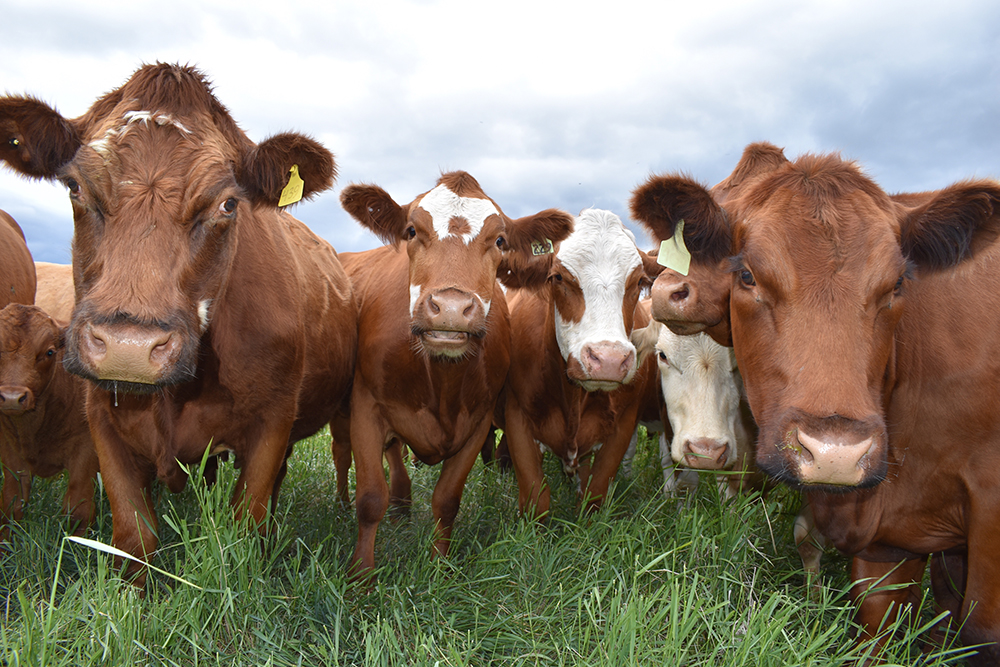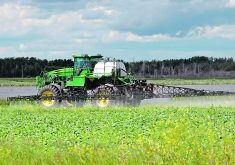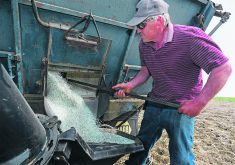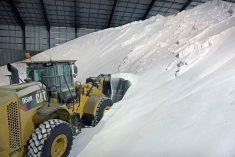Live cattle prices continue to rise but a call by the Saskatchewan Stock Growers Association for an investigation into how much ranchers are paid for their product is exposing tensions in the industry.
In a SSGA release calling for provincial and federal governments to launch an investigation into current beef prices, the association highlighted that despite strong profits on the packer and retail side, ranchers and feedlots are being squeezed out by low returns and high inputs.
“Producers right now are far from being profitable,” said Garner Deobald, SSGA president. “There’s never been a time in recent memory that we’ve been up against it like this.”
Read Also
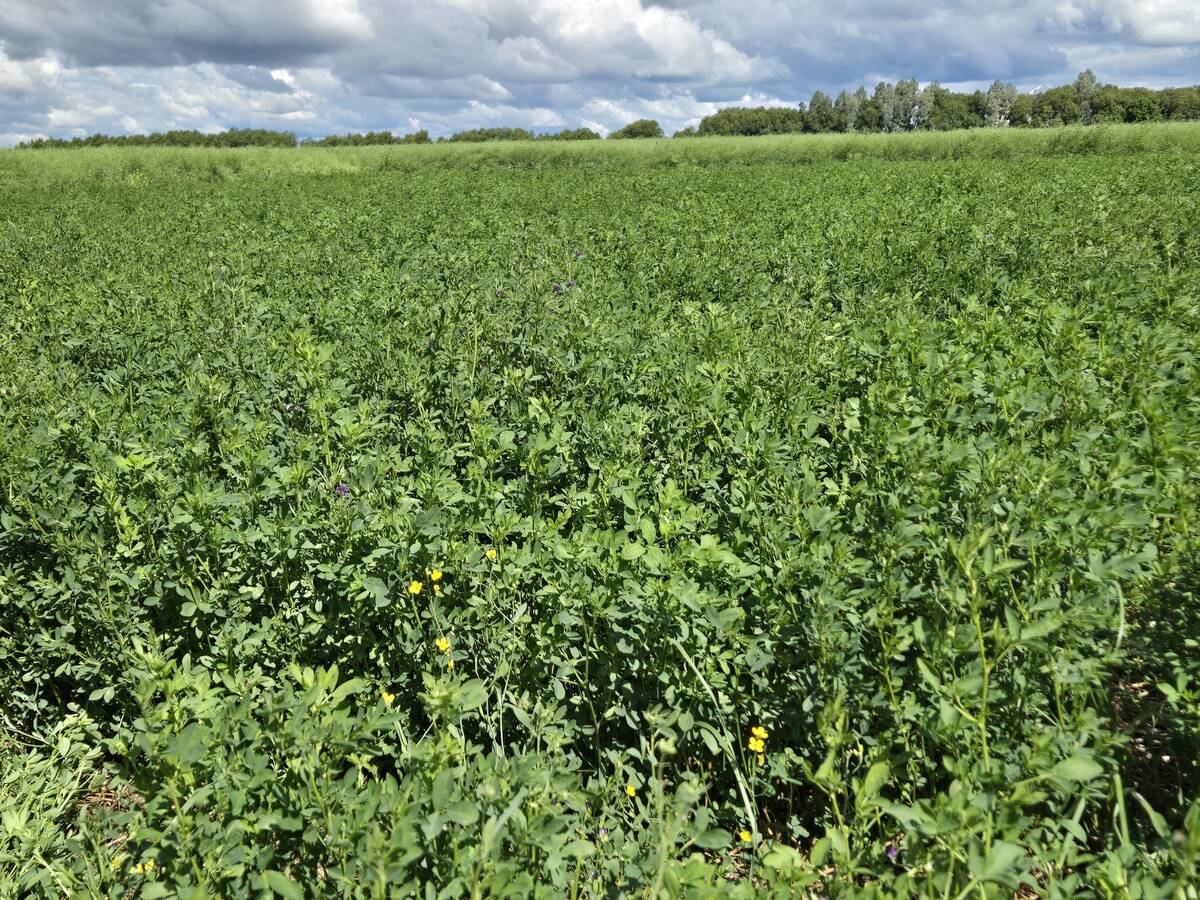
Manitoba Parkland research station grapples with dry year
Drought conditions in northwestern Manitoba have forced researchers at the Parkland Crop Diversification Foundation to terminate some projects and reseed others.
Retail beef prices continue to be high, which Deobald said is reflective of there being money in the sector, “but it’s just not getting back to the ranchers, farmers, grassroots producers.”
The SSGA would like an investigation into where the money goes, he said.
“I think we all know but it’s speculation that the packers are gathering up cash like they … never have before and the retail side of it — they’re very profitable,” said Deobald, adding an investigation into beef pricing could provide more conclusive information on what is actually happening.
Deobald said there are only two major players in the Canadian beef packing industry, referencing JBS and Cargill, which have a stranglehold on the marketplace.
“That has happened through tax incentives, they’ve been granted a number of favours and definitely when a crisis arises, they are always well looked after,” said Deobald. “That’s part of the reason where we’re at today.”
He added that it’s not an issue of packer capacity but possibly the number of processors in the country.
“If you had 10 medium-sized ones rather than two large ones you’d be better off because of competition,” said Deobald.
JBS and Cargill did not respond to requests for comment as of press time.
Dennis Laycraft, executive vice-president of the newly renamed Canadian Cattle Association (CCA), said the issue of beef pricing is nothing new, nor is the complexity of the costing regime, which is linked to the U.S. market.
Recent weather conditions have dramatically changed the landscape cow-calf operators are operating in, said Laycraft.
“We’re probably seeing the strongest prices in the last six years.”
That is currently the forecast moving ahead, he added, with cattle inventories growing smaller while demand continues.
While there will be buyers’ and sellers’ markets in the cycle, Laycraft said, “there should be profitability in all sectors and I think that’s what everybody, including the stock growers, are really flagging, that you can’t have one sector that is chronically not making a profit.”
Bringing new players into the packing side isn’t an easy proposition, he said, stating that margins can fluctuate and new companies would need the wherewithal to last well into the future.
“Certainly, with the margins in the packing industry you’d normally see expansion. Issues like labour are still a big factor in all of this. If you’re having a hard time getting employees for your current size, getting bigger makes no sense,” he said.
New capacity will likely be from small- to mid-sized processors that can take advantage of regional cost efficiencies. The U.S. is currently forecast to see growth on that side of the business.
Legislative changes in the U.S. have provided more transparency on the pricing of contract cattle, said Laycraft, with efforts on this side of the border to get more clarity on wholesale boxed beef prices.
“We haven’t been able to produce those for a number of years so there is a transparency discussion first of all that every properly functioning market needs,” he said.
“And then there’s the same question on both sides of the border about the amount of money in the industry but is not flowing through the industry.”
It’s that question of fairness that Deobald said is imperative for the health of the whole industry.
“This has been going on since before inflation really ramped up. It’s something that has been on our mind for years, not months. Where we are at on the production side is overwhelming. Everything has gone up two times plus,” he said.
“The input side is just way out of whack with what the market is on … the return side.”
If something isn’t done to address inequities, market forces will continue to squeeze cattle producers out of the business, he said.
Deobald said the SSGA hasn’t received a formal response for its call for an beef price investigation from provincial or federal governments.
Laycraft said the topic will be discussed at the semi-annual meeting in August.




